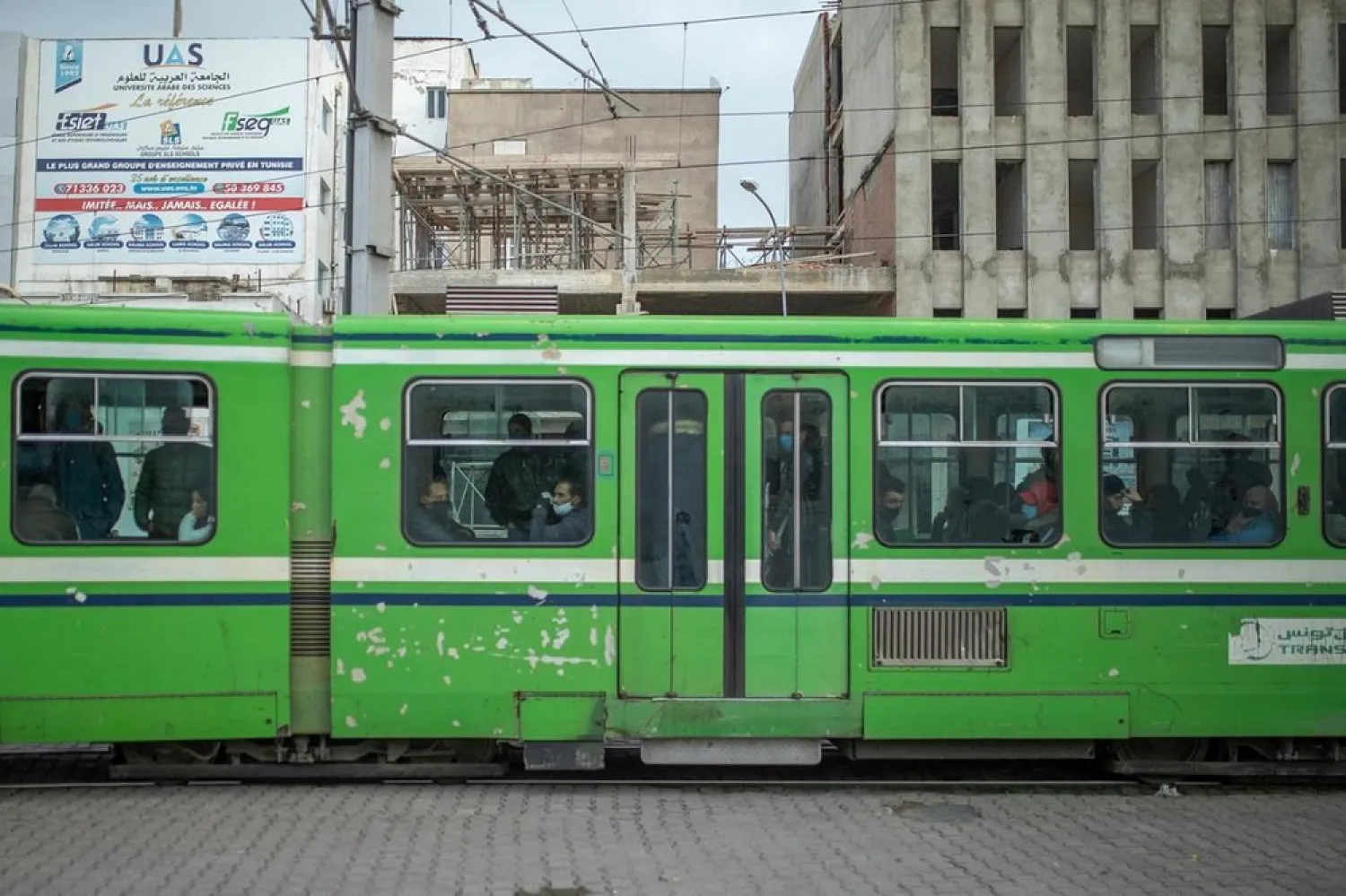The International Monetary Fund said on Wednesday it had made "good progress" in talks with Tunisia ultimately aimed at a possible rescue package to avert what economists fear is a rapidly looming crisis in the country's public finances.
The fund on Tuesday completed a week of online meetings with Tunisian officials to hear details of proposed economic reforms that are required to secure assistance.
"We made good progress and will continue our discussions in the weeks ahead, to consider the prospect for possible financial support from the IMF," the fund said in a statement.
Diplomats have said they do not believe a rescue package is likely to be agreed until the summer, a time frame that could cause difficulty for the authorities.
"We have completed the talks with the fund team," said Finance Minister Sihem Boughiri on the sidelines of an economic seminar in Tunis. "They are technical discussions that precede the negotiations and the indicators are positive."
Tunisia is struggling to finance its 2022 budget and public debt repayments and talks with the fund have been delayed by a political crisis after President Kais Saied moved to one-man rule last summer after suspending parliament.
The central bank governor has warned that if Tunisia is unable to secure funds, it would face a scenario like those in Lebanon and Venezuela where public finances have imploded.
Western donors and Gulf states that have repeatedly bailed out Tunisia over recent years have said any further help will require an IMF deal.
The fund has previously said it wants to see reforms to reduce Tunisia's public sector wage bill, the amount it spends on subsidies and its support for some state-owned companies.
It has also said that if reforms are to be credible they will need broad support, widely seen as meaning both from the powerful UGTT labour union and President Saied.
The UGTT has signaled opposition to subsidy reform while Saied has made few public statements about his economic policy since he seized most powers last summer.
A crisis in public finances could make it hard to pay state salaries, to import subsidized staple goods and to stop the currency being devalued.









